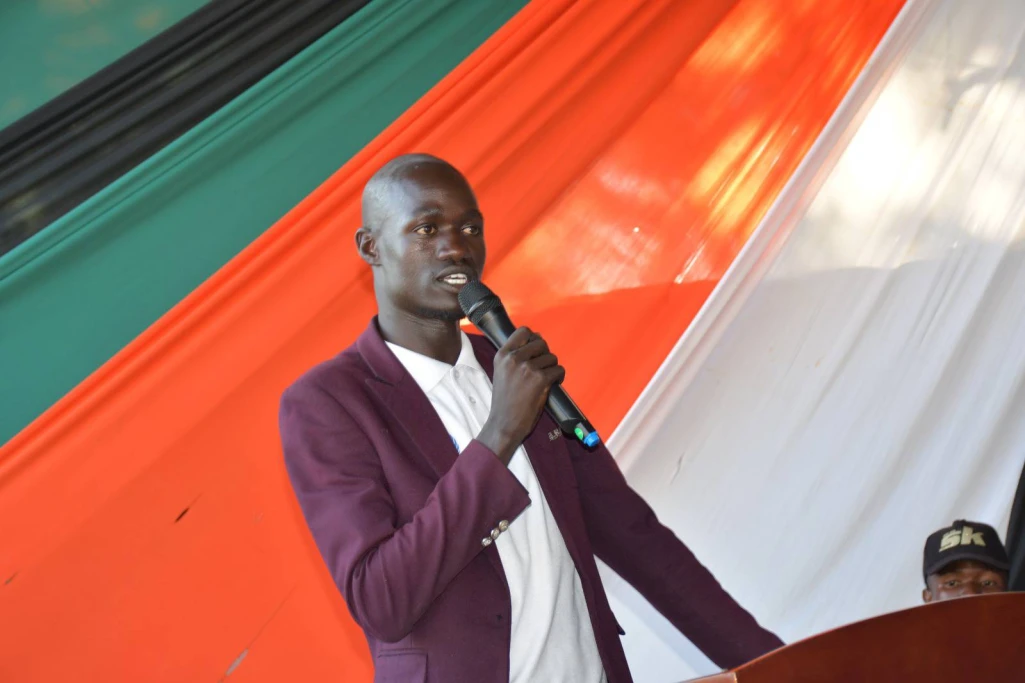
The chairperson of the Tonj Youth Union in Juba has called for collective action to end the rising insecurity and violence in Warrap State.
For years, diverse communities in Warrap State have been
caught in a vicious cycle of cattle raiding and revenge attacks, leading to
loss of lives, destruction of property, and theft of livestock. These conflicts
are often linked to politicians who allegedly arm their supporters to protect
their resources.
Gabriel Madut, the youth leader, emphasized the critical
role youth leaders can play in fostering peace within their communities.
“As much as we are in Juba, we must focus on other things,
but we must also reflect on what is happening on the ground. The insecurities
and killings back home have traumatized many of us,” Madut told The Radio
Community on Friday. “The deaths of women, children, and elderly people are
something none of us can be proud of.”
Madut urged youth leaders to step up and work closely with
the government to ensure violence in their communities is brought to an end.
“I would like to take this opportunity, on behalf of youth
leaders, to urge them to join hands with the government to ensure that
insecurity ceases in our communities,” Madut said.
He stressed that achieving peace is not solely the
responsibility of the government but requires the collective effort of society,
particularly the youth.
“Bringing peace is not only the responsibility of the
government. It is our collective responsibility, beginning from within
ourselves,” he asserted.
Madut noted that the youth involved in the violence are not
strangers but members of the same communities. He called for direct engagement,
encouraging youth leaders to actively reach out to those perpetuating the
violence.
“We must understand that the youth fighting in the villages
are our people, and we have the right connections to talk to them. We must
understand ourselves and play a significant role in bringing peace by returning
to our communities,” he explained.
According to Madut, the roots of the conflict run deep, with
minor disputes often escalating into larger, more serious issues.
While land disputes and cultural differences, such as those
related to marriage, have contributed to tensions, Madut believes the primary
cause is a lack of brotherhood and unity.
“These are some of the minor issues fueling conflict in the
area. In the past, it was primarily about cattle raiding. But nowadays, to the
best of my knowledge, it is no longer just about cattle raiding. It now
involves issues like marriage, land disputes, and conflicts between brothers,
which then escalate into serious fights,” he explained.
Madut also called on the government of Warrap State to
actively involve youth and student leaders in peace-building efforts, stressing
that their participation is crucial to achieving lasting peace in the region.
“I urge the government of Warrap State to involve youth
leaders and even student leaders in peace-building efforts,” he said.